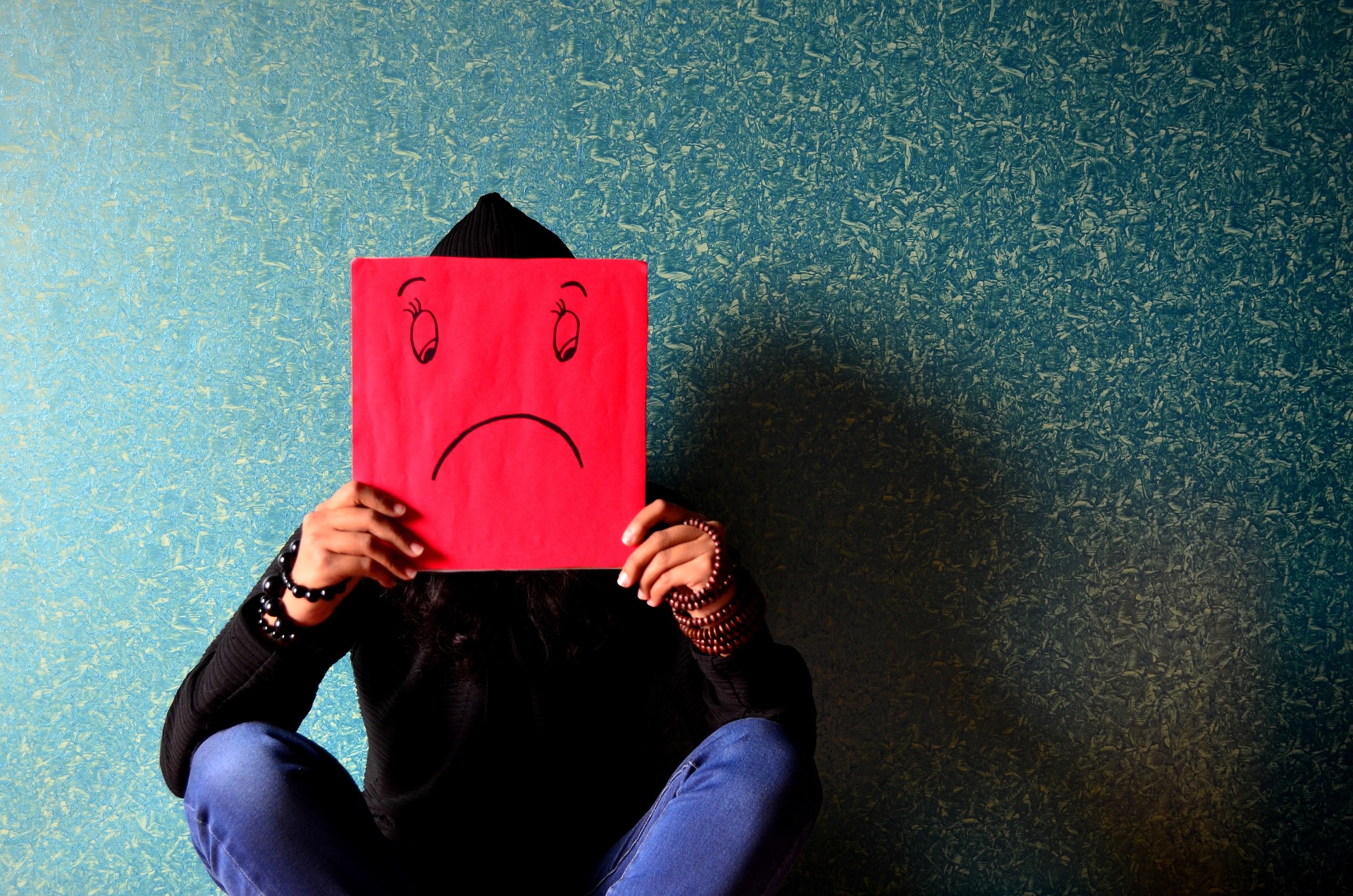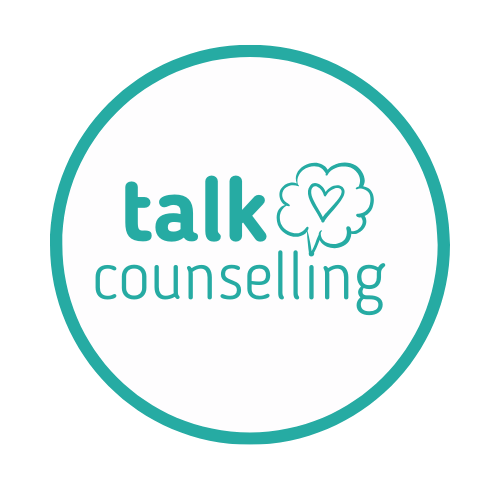- May 23, 2023
- Jason
- No Comments
Self-Harm
Self-harm is a serious issue that affects many people, particularly adolescents and young adults. It refers to deliberately harming one’s own body, and can take many forms, including cutting, burning, scratching, hitting, or biting oneself. While it is often misunderstood or stigmatised, self-harm is a coping mechanism for individuals who feel overwhelmed or unable to manage their emotions.
It is important to recognise that self-harm is not a choice, a way to get attention, or a sign of weakness. Instead, it is often a sign of underlying mental health issues such as depression, anxiety, or trauma. Individuals who engage in self-harm may feel a sense of relief or control when they harm themselves, but this feeling is often temporary and can be replaced with shame or guilt.
Where to find help
If you or someone you know is engaging in self-harm, it is important to seek help. There are many resources available, including counsellors, therapists, and support groups. These professionals can provide a safe and non-judgmental space to discuss the underlying issues that are contributing to self-harm and can offer guidance and strategies to manage emotions and build healthier coping mechanisms.
It is also important to recognise the warning signs of self-harm, which can include unexplained injuries or scars, wearing long sleeves or trousers in warm weather, avoiding social situations, and changes in mood or behaviour. If you notice these signs in yourself or someone you know, it is important to seek help and support.
Working with self-harm
When working with individuals who engage in self-harm, it is important to approach them with empathy and understanding. It is also important to understand that self-harm is not the same as suicide, although there may be an overlap in some cases. While self-harm is a serious issue that requires attention and support, it is often a way for individuals to cope with overwhelming emotions and should be addressed with care and compassion.
Counsellors can play an important role in helping individuals overcome self-harm by providing a safe and non-judgmental space to discuss their feelings and experiences. They can also help individuals develop alternative coping mechanisms and strategies to manage their emotions, such as mindfulness, relaxation techniques, or journaling. By working with individuals to identify the underlying issues that contribute to self-harm, counsellors can help individuals build healthier and more sustainable ways of coping with stress and emotions.
Reducing the stigma of self-harm
It is also important to address any stigma or shame associated with self-harm. Many individuals who engage in self-harm may feel ashamed or embarrassed and may be hesitant to seek help for fear of judgement or misunderstanding. Counsellors can help to reduce this stigma by creating a safe and supportive environment that encourages individuals to seek help and support without fear of shame or judgement.
Overall, understanding self-harm involves recognising that it is a complex issue that requires support and care. By approaching individuals with empathy and understanding, and providing support and resources to help them manage their emotions and mental health, counsellors can play an important role in helping individuals overcome self-harm and improve their overall well-being.


